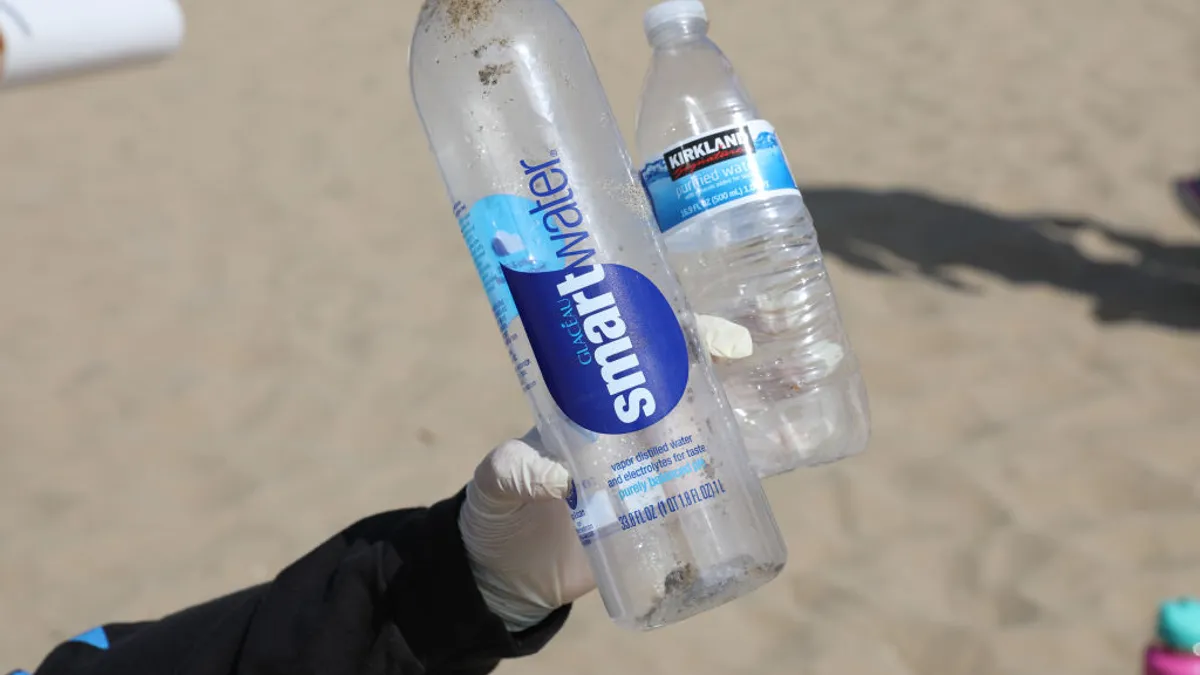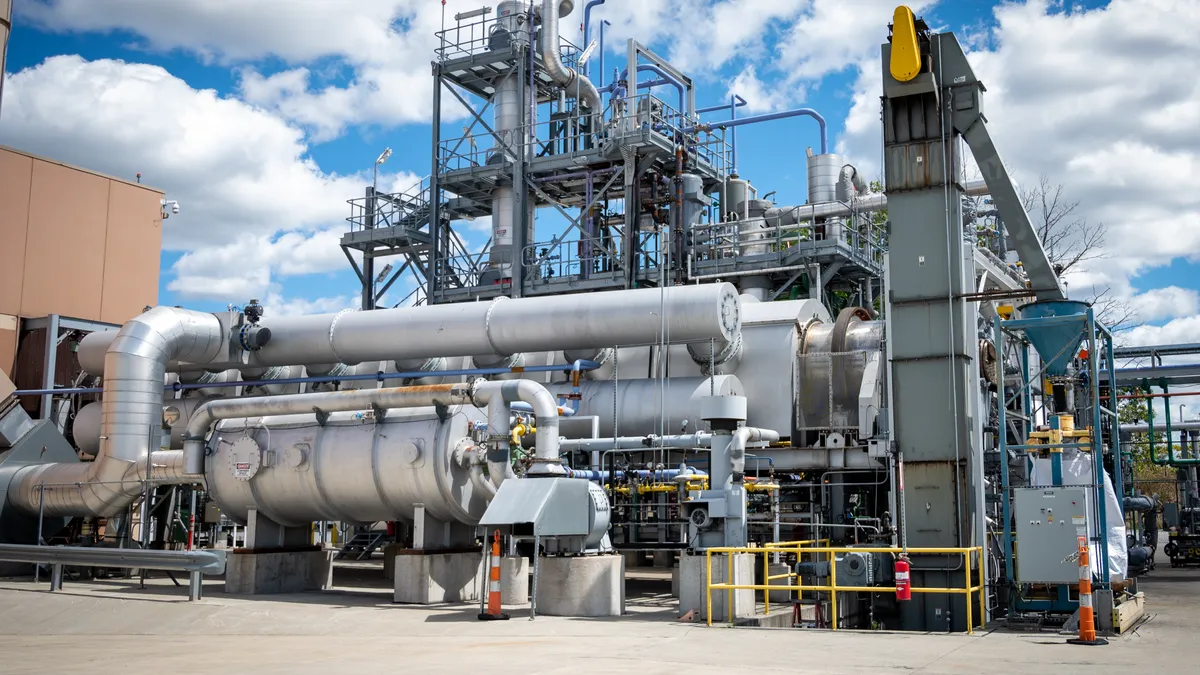Editor's Note: The following is a contributed piece. More information on what that entails and how you can submit is available here.
In today's political environment, where interest groups primarily appeal to their own supporters, building a diverse coalition to address a policy issue often feels like a lost art. Inside the Beltway, the strategy even has a name which has fallen into disuse: a coalition of strange bedfellows.
Yet over the last month, a diverse collection of powerful interests — groups that are often at odds with each other — have independently addressed aspects of one of the world's most pressing challenges.
What could possibly unite the Trump administration, the millennial generation, leading environmental groups, dozens of the world's most powerful corporations and the United Nations? Plastic pollution.
In early March, the United Nations issued a report on planet-wide environmental challenges, including greenhouse gas emissions, water quality, waste management and soil heath. That report shone a particularly bright light on plastic waste in the ocean, suggesting the most urgent solution involves end-of-life management.
The Ellen MacArthur Foundation also focuses on plastic end-of-life issues, arguing all plastic should be reusable, recyclable, or compostable at the end of life; re-enter economic streams; and becoming part of a "circular economy." Last month, the foundation announced that 350 organizations have now endorsed its circular economic principles, including scores of major global corporations that produce or utilize plastic packaging.
Today, the vast majority of plastics are made from petroleum, requiring resource extraction and releasing greenhouse gases. But the MacArthur Foundation points to another solution being pursued by multiple companies: plastic made from plants, also known as "biomass."
And here enters the Trump administration. Eight agencies issued a joint report in March on harnessing the nation's biomass resources. They suggest that by "increasing the use of renewable biomass material and waste feedstocks, an expanded domestic bioeconomy could stimulate job growth and economic opportunities, increase the nation's energy security and resilience, and contribute to improved environmental quality and greenhouse gas (GHG) mitigation."
That economic stimulus has already begun. In 2014, the U.S. biobased products sector contributed $393 billion and 4.2 million jobs to the U.S economy.
Demand for biobased products is in its infancy, and those numbers will only continue to grow. A recent survey shows millennials, the most powerful American consumer cohort, are deeply concerned about the plastic waste they produce. Not only are they clamoring for alternatives to petroleum-based plastics, but they're even willing to pay more for them.
With these reports and trends in mind, we have launched the Plant Based Products Council (PBPC), which will simultaneously strive to meet the circular economy goals of the MacArthur Foundation and help address many of the global environmental concerns cited by the UN.
Plant-based packaging is grown from clean and renewable biomass feedstocks, such as algae, seaweed, corn, hemp, sugar beets and soybeans. These material are turned into plastics through green chemistry, and most plant-based packaging is designed to be composted, meaning it can be returned to the soil and close the loop on a sustainable, circular economy.
That cycle also delivers environmental benefits related to:
- Greenhouse gas emissions: Using plants converts carbon in the atmosphere into both an economic value and an environmental benefit. When these renewable resources replace conventional chemicals and plastics, they can reduce cradle-to-grave greenhouse gas emissions by 39-86%, according to the results of an Argonne National Laboratory study.
- Water quality: When municipal waste and plastics escape from collection systems, or when collection systems simply do not exist, that waste is often washed into waterways and, eventually, the ocean. Composting reduces the total materials sent for recycling, or to landfills, and is often done locally or regionally. This also reduces the likelihood of leakage into waterways and oceans.
- Waste management: Composting eases the burden on other waste management facilities, eliminates concerns about food contamination in the recycling stream and ensures that rather than getting buried in a landfill, the waste is put to a better use as soil-enriching compost.
- Soil heath: Compost provides organic matter, nutrients and water-holding capacity to soil, contributing further sustainable agricultural production. Organic matter in soils turns land into a carbon-sink, providing soil biomes with a valuable source of nourishment at the same time.
With these environmental goals top of mind, PBPC members include corporations of all sizes that have made sustainability pledges, or make or utilize plant-based products. Our organization also includes an advisory board of environmental groups that help shape our goals and drive smart policies.
Our "strange bedfellows" model may be a throw-back, but these recent reports make clear that there are still some challenges that require the very best thinking from all quarters. And when it comes to solving plastic pollution, our planet deserves nothing less.
Mary Solecki is the spokesperson for the Plant Based Products Council, launched in January 2019 to guide the world economy toward a sustainable future through widespread adoption of plant-based products and packaging.

















